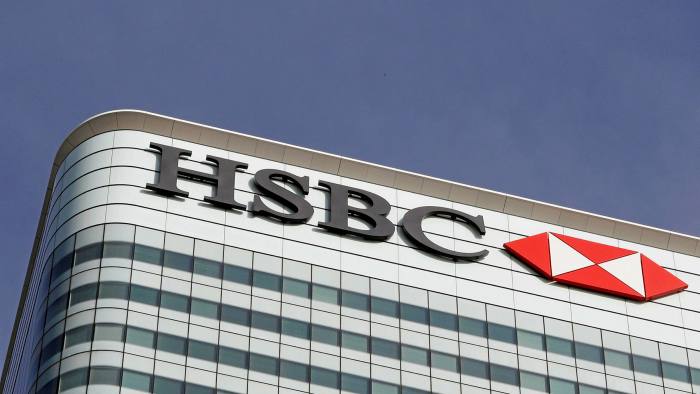HSBC and Wells Fargo are cutting out a key part of the currency market’s infrastructure from some trades after the two banks agreed to settle transactions directly on blockchain technology.
From Monday, they will use blockchain technology to reconcile and pay out on deals in dollars, sterling, euro and Canadian dollars between the two banks, using HSBC’s FX Everywhere platform. The agreement means they will bypass CLS, the nearly two-decades-old utility that central banks urge market participants to use to neutralise the risk of certain trade failures.
The move is the latest example of blockchain technology seeping in to the $6.6tn-a-day foreign currency market, and resetting relationships between the big investment banks and central banks. Earlier this month, the central banks of Switzerland and France successfully tested the first cross-border payment on the blockchain as part of a series of projects around central bank digital currencies.
Mark Jones, co-head of macro at Wells Fargo, said it would be the first time blockchain technology had been used to settle live cross-border payments. “We believe this will be the first step of many utilising transformative technology across our industry in the years ahead,” he added.
He acknowledged the move would cut out CLS, the US Federal Reserve-regulated entity that settles trillions of dollars worth global currency deals and ensures both sides of a trade are paid simultaneously. The two banks also said they hoped to expand the system to other banks and emerging market currencies that CLS does not settle.
Mark Williamson, global head of FX partnerships at HSBC, said the banks were also talking to financial market infrastructure operators about their potential involvement. He declined to name the parties but said a decision was likely to come next year.
The agreement is an extension of HSBC’s plans to use blockchain technology more widely in making sure that currency trades are correctly logged and settled after it launched its FX Everywhere platform in early 2019.
By using the technology, both HSBC and Wells Fargo will have real-time transparency of the settlement status of foreign exchange trades in the four initial currencies.
Blockchain’s growing role in post-trade processes highlights the various ways in which banks approach cryptocurrency and its underlying technology. Christine Moy, global head of Liinx Onyx, the blockchain division at JPMorgan, said on a panel at the FT’s Global Banking Summit that while the bank does not trade bitcoin, it has been active in researching and finding applications for blockchain technology for six years.
Moy noted that JPMorgan completed a blockchain-based intraday repo transaction in December and it was the first bank three years ago to provide bank accounts to regulated crypto exchanges such as Coinbase and Gemini.
“When people think of a bank in crypto the first thing they think is: are you doing custody, are you trading spot? We don’t . . . but we’ve been supporting the crypto ecosystem in [different] ways,” she said.
Wells Fargo will pay HSBC a small fee for using the platform, but the costs are likely to be lower than using CLS.
Read full story on the Financial Times


